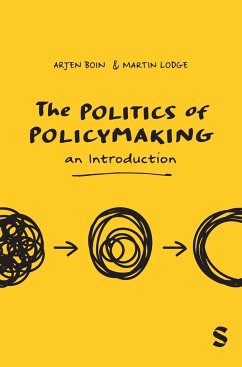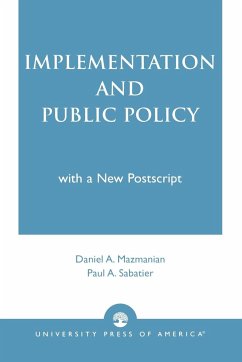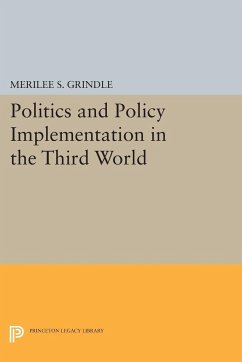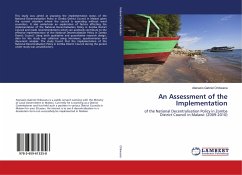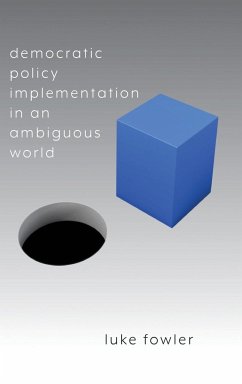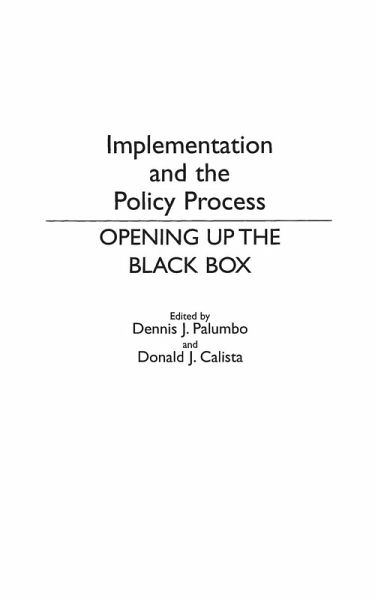
Implementation and the Policy Process
Opening Up the Black Box
Versandkostenfrei!
Versandfertig in 1-2 Wochen
88,99 €
inkl. MwSt.

PAYBACK Punkte
44 °P sammeln!
During the past two decades public policy analysis has focused on the role of implementation as a distinct phenomenon in the creation of policy output. More recently, implementation researchers have called for a major reevaluation of the process of policy formation itself. This book presents an overview of why implementation research has contributed to this major reconsideration and offers conceptual frameworks that employ implementation research to develop a fuller understanding of the entire policy process. It attempts to narrow the divide between the assumptions of the earlier and later imp...
During the past two decades public policy analysis has focused on the role of implementation as a distinct phenomenon in the creation of policy output. More recently, implementation researchers have called for a major reevaluation of the process of policy formation itself. This book presents an overview of why implementation research has contributed to this major reconsideration and offers conceptual frameworks that employ implementation research to develop a fuller understanding of the entire policy process. It attempts to narrow the divide between the assumptions of the earlier and later implementation researchers. The contributors to this book aim at clarifying the relationship between implementation research and public policy analysis. They caution against the error of assuming that implementation is the main factor in policy making and that once implementation is taken care of, policies will be effective. They attempt to place implementation in the broader policy making process and show its relationship to the other parts of the policy cycle. Additionally, several of the contributors develop explanatory models that cut across the research dichotomies of the prevailing top-down and bottom-up approaches and establish an agenda for future research. The book is divided into three parts; within each the chapters are organized by questions that move from the more empirical to more methodological and theoretical concerns. The chapters in the first section deal with policy design issues and empirical aspects of implementation research. Those in part two present implementation's special contribution to the policy field, discussing how policy implementation adapts to changing organizational, intergovernmental, and ideological circumstances. The generalizations made by the authors focus on the contribution implementation research makes to understanding the entire policy process. The final section includes chapters that capture and extend the observations of the other contributors. These essays also develop generalizations and suggest various lines of future research. The final chapter both summarizes implementation's contributions and proposes an interpretive model that will forward future research. This comprehensive work can be used in courses on public policy and administration, and social welfare.



